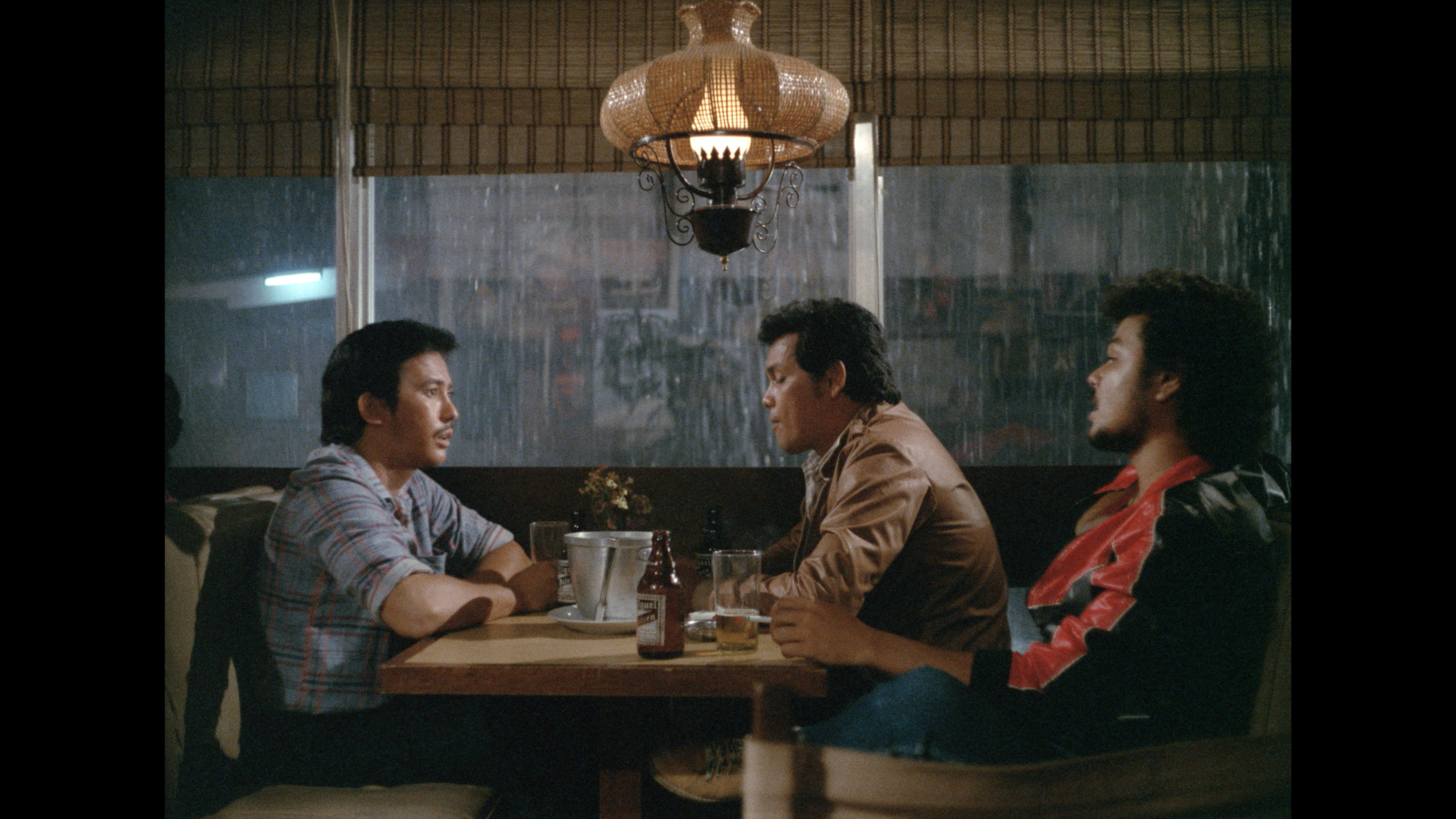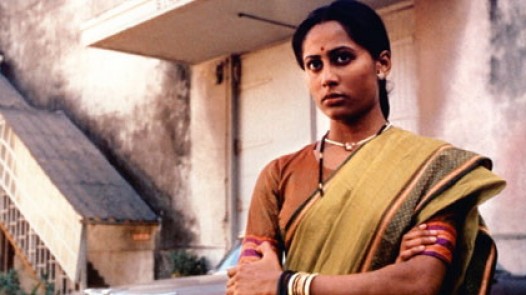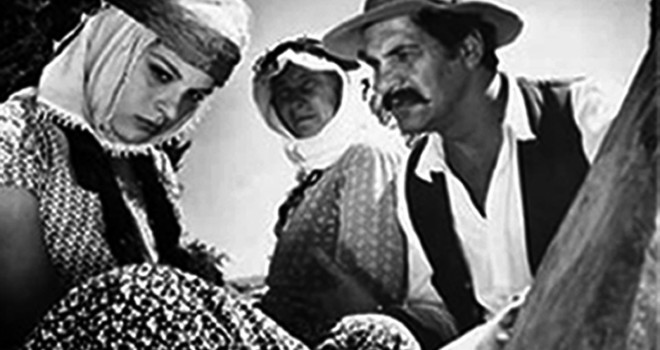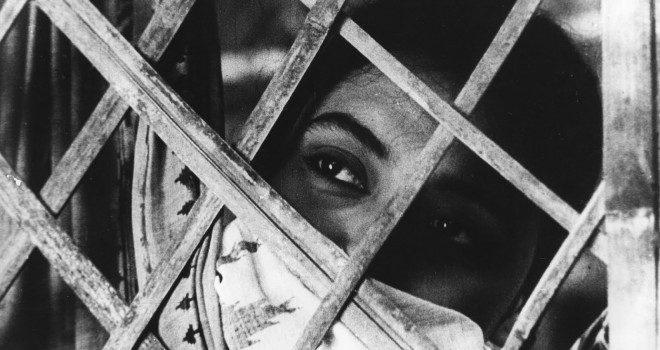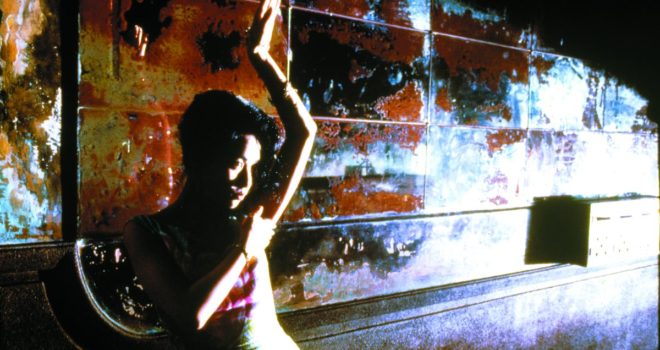The Cahiers du Cinéma have always viewed the Festival des 3 Continents as a place of exceptional discovery. The Festival’s creation in 1979 coincided with the increasingly important place that the review afforded to Asian, African and South American cinematographies. And it was at Nantes that the Cahiers discovered Philippine cinema (Cahiers no.332), be it Guru Dutt and Ritwik Ghatak (no.343), Nikkatsu’s roman porno (no. 392) and, more recently, South Korea’s Shin Sang-ok (no. 740), to name just a few. The five films programmed in this tribute to the review focus on Asian cinema. They will be curated by film critics from different generations.
Marcos Uzal, Editor of Cahiers du Cinéma
November 1986. This was the first time I came to the Festival des 3 Continents. Alone. I forgot to go to school for a few days This was shortly after I had chanced on a pickpocket at the Cinématographe and two months after buying my first issue of Cahiers du Cinéma, no. 387. The first of a series that is still ongoing. On the cover, a profile view of Catherine Mouchet in Alain Cavalier’s Thérèse. Reading the review, I discovered that people who I had never heard of took cinema seriously, wrote about it, finding in the written word a way of prolonging the lustre of a film, of expressing an emotion, thoughts and questions, toing and froing between film theatre and paper. From one issue to another, pleasure enriched knowledge and conversely, the films seemed to acquire the power to dialogue with one another, whatever their origin and whatever their age. The world suddenly expanded. It seemed infinitely populated. I had confirmation of this when I discovered, at exactly the same time in the Nantes film theatres, Shadi Abdel Salam’s The Mummy, Dariush Mehrjui’s The School We Went To, Hou Hsiao-Hsien’s The Time to Live and the Time to Die, or Typhoon Club by Shinji Somai, a still little-known filmmaker whose complete retrospective was screened by the Festival twenty-six years later.
The ties between the review and the 3 Continents were to become clearer later. I understand that they predate the creation of the Festival and were developed over the years when Alain and Philippe Jalladeau hosted the Week of the Cahiers du Cinéma in Nantes. Even though the links between the Festival and the review have gone their respective ways since 1979, taking many twists and turns, they have found some sort of continuity through the involvement of various names linked to the Cahiers du Cinema’s editorial board (Serge Daney as of 1979, Jean-Philippe Tessé between 2004 and 2009, Charlotte Garson from 2010 to 2014, Aurélie Godet in 2015, and now Florence Maillard). More recently, two of the festival’s collaborators, Claire Allouche (programming assistant in 2016 and 2017) and Olivia Cooper-Hadjian (2013) have joined the revue’s editorial team.
For all these reasons and many more, it seemed only natural to meet up again in Nantes around a few films and have the pleasure of seeing Cahiers du Cinéma celebrate their 70th anniversary.
Jérôme Baron



